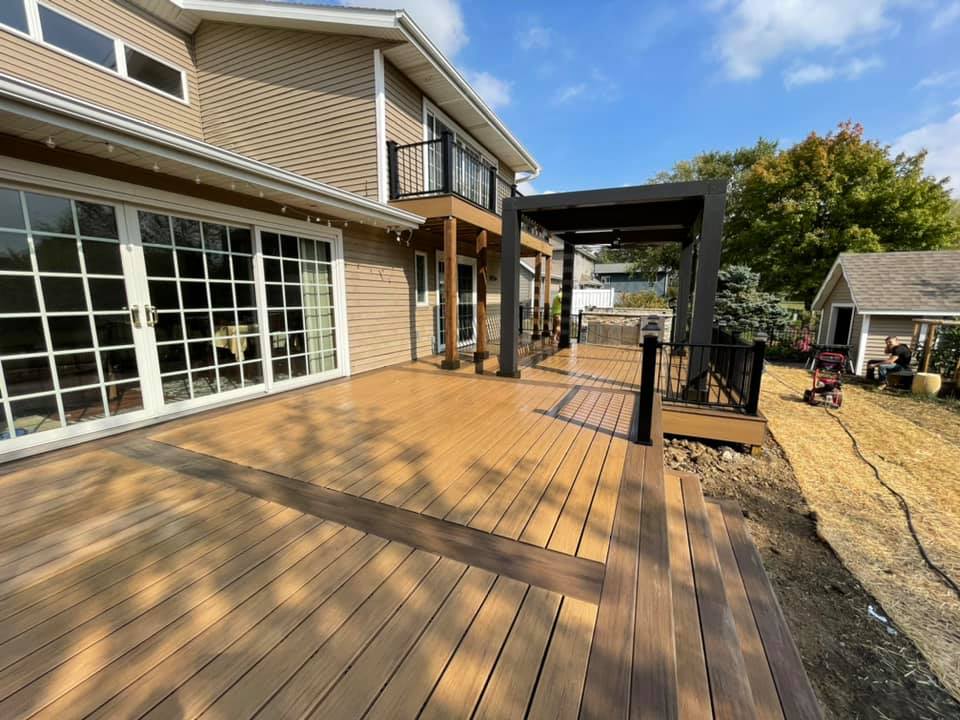Windows play a significant role in the energy efficiency of your home. They impact insulation, ventilation, and the amount of natural light that enters your living spaces. If your windows are old, drafty, or inefficient, roofing contractor with new energy-efficient windows can lead to substantial cost savings on heating and cooling bills while improving comfort and reducing environmental impact. Here’s how upgrading to new windows can enhance your home’s energy efficiency:
Improved Insulation
Old or poorly sealed windows can allow air leakage, resulting in drafts and energy loss. Energy-efficient windows are designed with advanced materials and technologies that provide better insulation, minimizing heat window installer the interior and exterior of your home. Features such as multiple panes of glass, low-emissivity (low-E) coatings, and inert gas fills help to create a thermal barrier, keeping your home warmer in the winter and cooler in the summer.
Reduced Heating and Cooling Costs
By improving insulation and reducing air leakage, energy-efficient windows can significantly reduce your home’s heating and cooling costs. According to the U.S. Department of Energy, energy-efficient windows can save homeowners up to 25% on heating and cooling costs compared to older, single-pane windows. The initial investment in new windows can pay off over time through lower utility bills and increased energy savings.
Enhanced Comfort
Energy-efficient windows not only help to maintain consistent indoor temperatures but also reduce temperature fluctuations and drafts, leading to increased comfort year-round. By minimizing heat loss in the winter and heat gain in the summer, energy-efficient windows create a more comfortable living environment for you and your family. You’ll no longer have to contend with cold spots near windows or rely as heavily on heating and cooling systems to maintain comfort.

UV Protection
Many energy-efficient windows are equipped with low-E coatings that block harmful ultraviolet (UV) rays from entering your home. UV rays can cause fading and damage to furniture, flooring, and upholstery over time. By filtering out UV radiation, energy-efficient windows help to preserve the integrity and color of your furnishings, prolonging their lifespan and reducing the need for replacement or refinishing.
Noise Reduction
In addition to improving energy efficiency, new windows can also help to reduce outside noise transmission into your home. Energy-efficient windows with multiple panes of glass and insulated frames provide better sound insulation, creating a quieter and more peaceful indoor environment. Whether you live near a busy street, airport, or noisy neighbors, upgrading to new windows can help to minimize unwanted noise and enhance your overall quality of life.
Environmental Benefits
In addition to the financial and comfort benefits, upgrading to energy-efficient windows also has positive environmental impacts. By reducing energy consumption and greenhouse gas emissions associated with heating and cooling your home, energy-efficient windows help to mitigate climate change and decrease your carbon footprint. Choosing energy-efficient products demonstrates a commitment to sustainability and environmental responsibility, contributing to a cleaner and healthier planet for future generations.
Conclusion
Investing in new energy-efficient windows is a smart choice for homeowners looking to enhance the comfort, value, and sustainability of their homes. With improved insulation, reduced energy costs, increased comfort, UV protection, noise reduction, and environmental benefits, energy-efficient windows offer a wide range of advantages. Whether you’re planning a home renovation or looking to make simple upgrades, replacing old windows with energy-efficient alternatives is a worthwhile investment that pays off in the long run.

